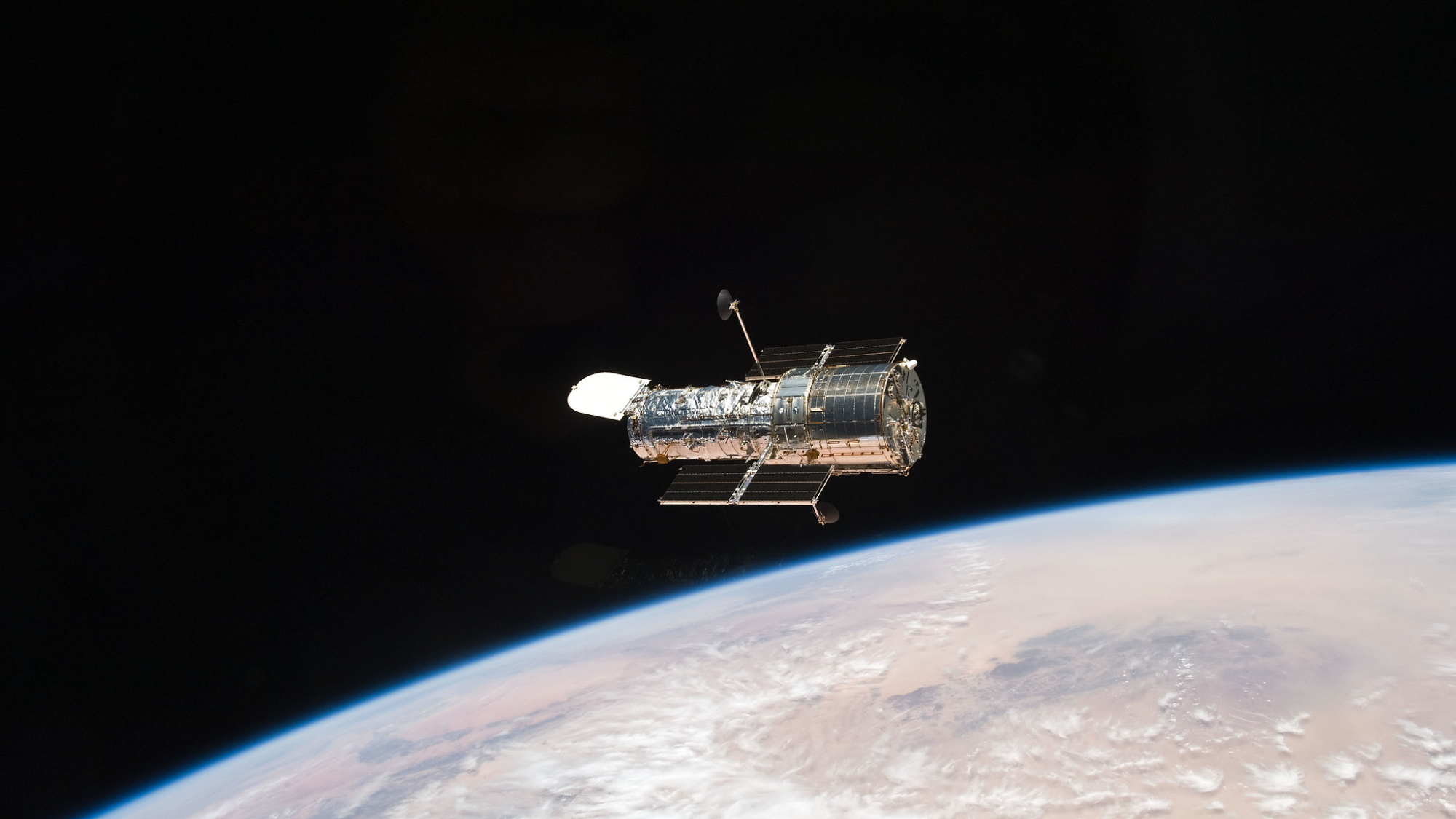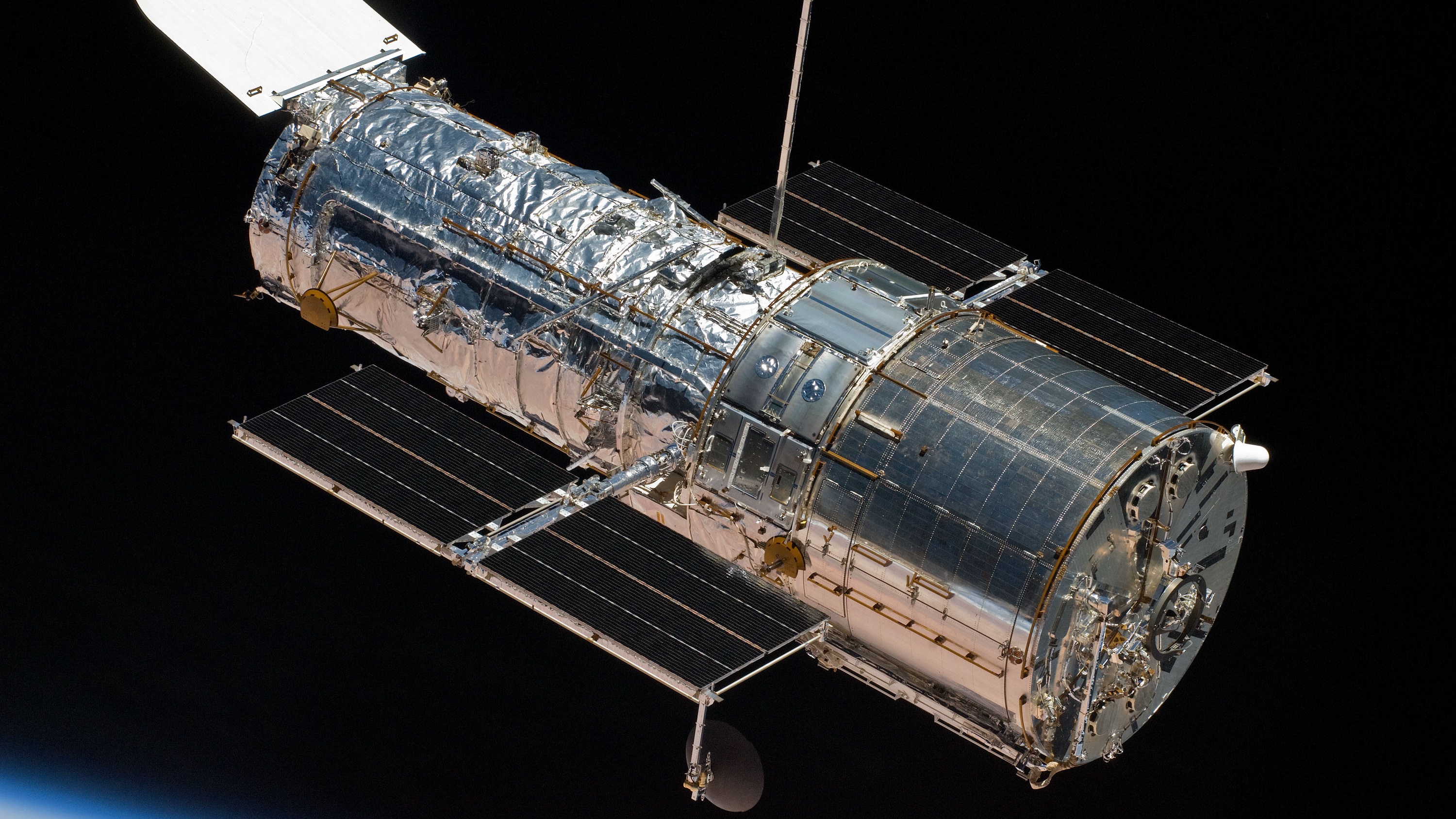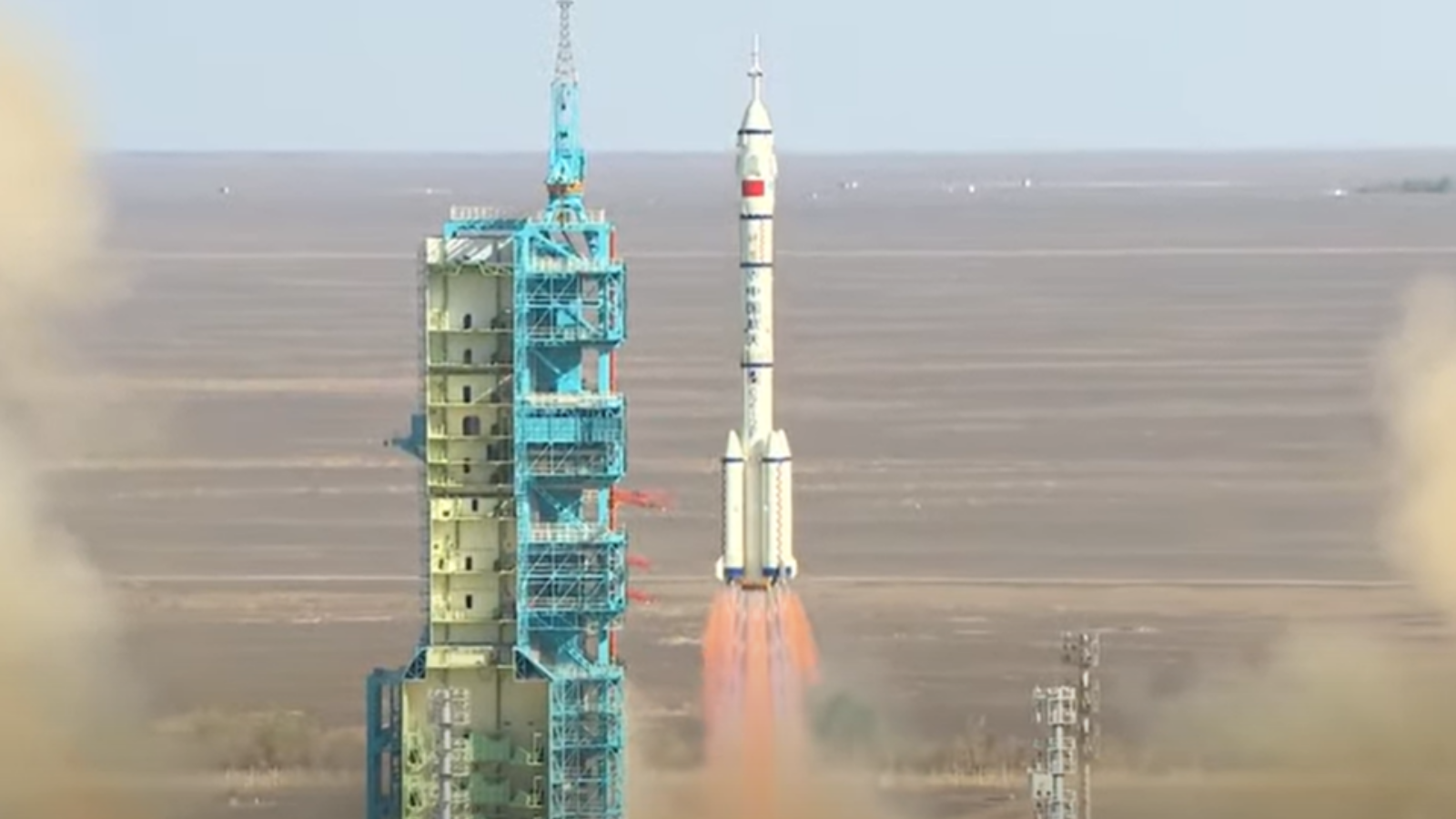The fourth episode of "Cosmos: Possible Worlds" sees host Neil deGrasse Tyson looking to the past and honoring botanist Nikolai Ivanovic Vavilov, pioneer of modern plant breeding. Vavilov's story is marked by both the tenacity and creativity we've come to expect from subjects in "Cosmos," though Vavilov's story is particularly tragic. Interwoven into Vavilov's somber narrative are warnings and treatments of science and its ethical implications, especially when science itself comes under attack from political forces.
The episode opens on an icy landscape. Cold and dark, the somber tone of the music sets the stage for the themes the episode explores. "To be human," a solemn Tyson remarks, "is to know the torment of hunger. There was once a man who dreamed that through science, we can make a world where no one ever perished from hunger and famine would be no more."
Tyson then takes viewers on an overview of the history of famine and starvation in the history of the human race. Our ancestors, foragers and wanderers, gathered plants and hunted animals until around 10,000 or 12,000 years ago when humans began to settle and domesticate those plants and animals. Seemingly written into our DNA is a penchant for sacrifice and suffering, "for rewards that would not come until much later," Tyson says. "For the first time, we were thinking about the future."
It's then that Tyson takes us back to his "cosmic calendar" and we realize this decision, made over hundreds of generations, was made less than half a minute ago in terms of cosmic time. Though often reminded of the precariousness of our place in the cosmos, one can't help but marvel and the sense of permanence humans have somehow managed to achieve. Tyson takes us to the ancient Tower of Jericho, a symbol of the food surpluses afforded by agriculture and our oldest "stairway," as Tyson aptly describes. "To climb it is to follow in the footsteps of 300 generations."
Despite these hopeful beginnings and early successes in our first attempts at agriculture, the human race has suffered a number of famines, caused by political mismanagement, volcanic eruptions and drought, and other overwhelming, inexplicable forces from the cosmos. Populations in China, Ireland, Brazil, Ethiopia, Peru, Rwanda and Russia have been wracked by devastating famines that have killed thousands. Our protagonist this episode, Vivlov — no stranger to the "torment of hunger" — helps Tyson tell the story of hunger in Soviet Russia, where Vavilov and his team conducted research that would revolutionize their field and touch the lives of thousands of future generations of humans, including us today.
Early breakthroughs in the field of evolution came from well-known scientists like Charles Darwin and Gregor Mendel, whose theories in natural selection and predictive breeding are not only the building blocks of contemporary research in the field, but also supplied the "evidence for oneness," as Tyson puts it, that proved "we were actually relatives to the other beasts and vegetables, as much a part of the natural world as any other living thing."
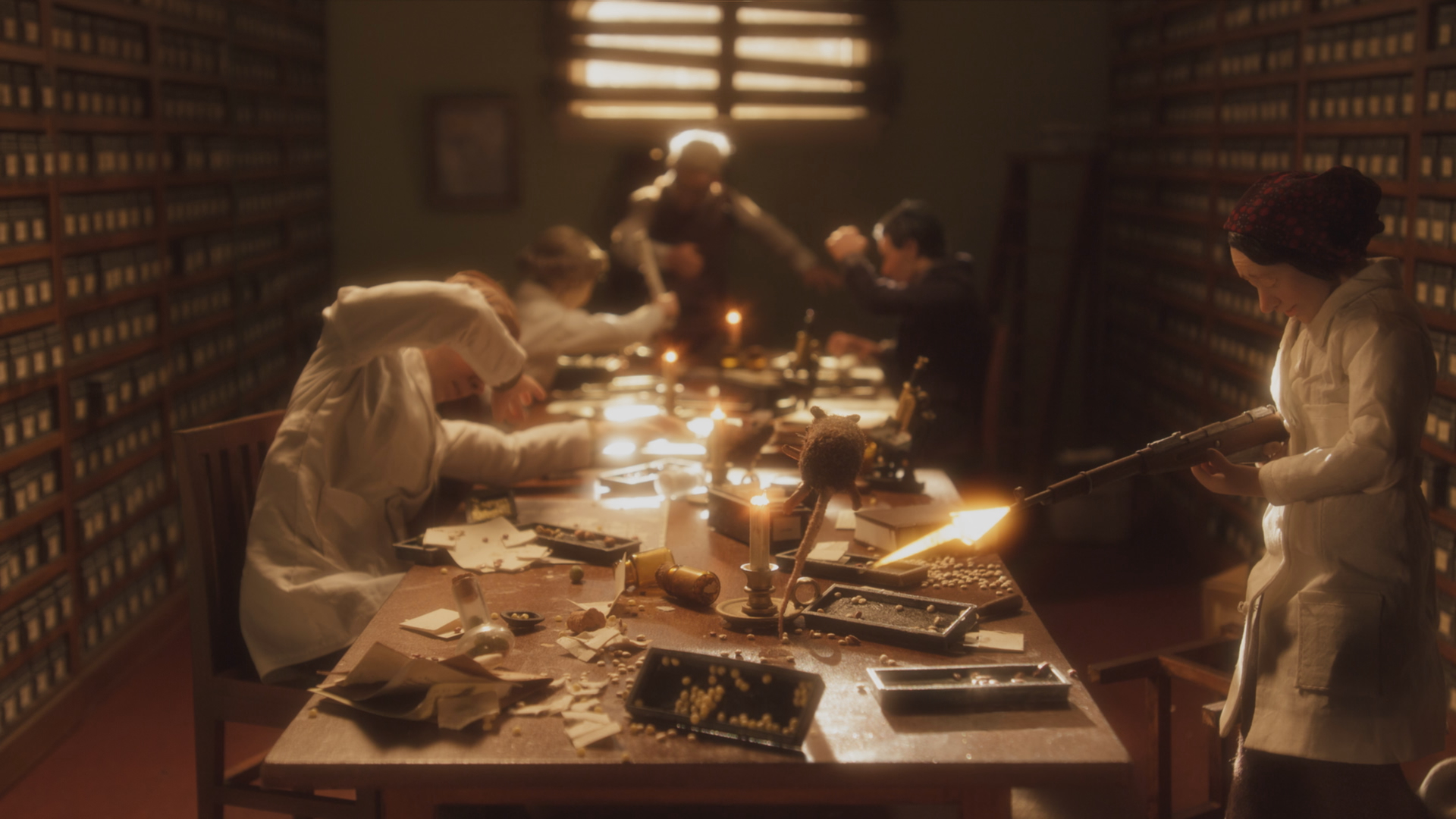
Standing on the shoulders of these giants and other scientists who grandfathered the field of genetics, like William Bateson, who first used the term to describe the study of heredity, Vavilov would devote his life to improving the cereal crops which would sustain not only Russia's population, but global populations far into the future. Vavilov believed science could triumph where government and leadership often failed and save millions of people from perishing from hunger. Vavilov recognized the critical importance of biodiversity and would traverse the globe and collect seeds for his world seed bank, looking for the earliest living specimens of the plants humans ate, hoping to "parse [their] sentences and discover life's language," as Tyson emphatically states.
Get the Space.com Newsletter
Breaking space news, the latest updates on rocket launches, skywatching events and more!
In an ironic twist of fate, a comment by Vavilov's rival, Trofim Lysenko, employing Jean-Baptiste Lamarck's theory of evolution that was discredited by Darwin's research, would turn Joseph Stalin against Vavilov. Stalin's reign of terror and death would cripple the Soviet population and lead several to die of starvation, including Vavilov and his team of scientists who would guard the Leningrad seed bank and their research during Adolf Hitler's attacks in World War II valiantly, until the end. "In all of history," Tyson says, "no team of scientists has ever been tested so cruelly. They were pushed beyond the breaking point and yet they did not break."
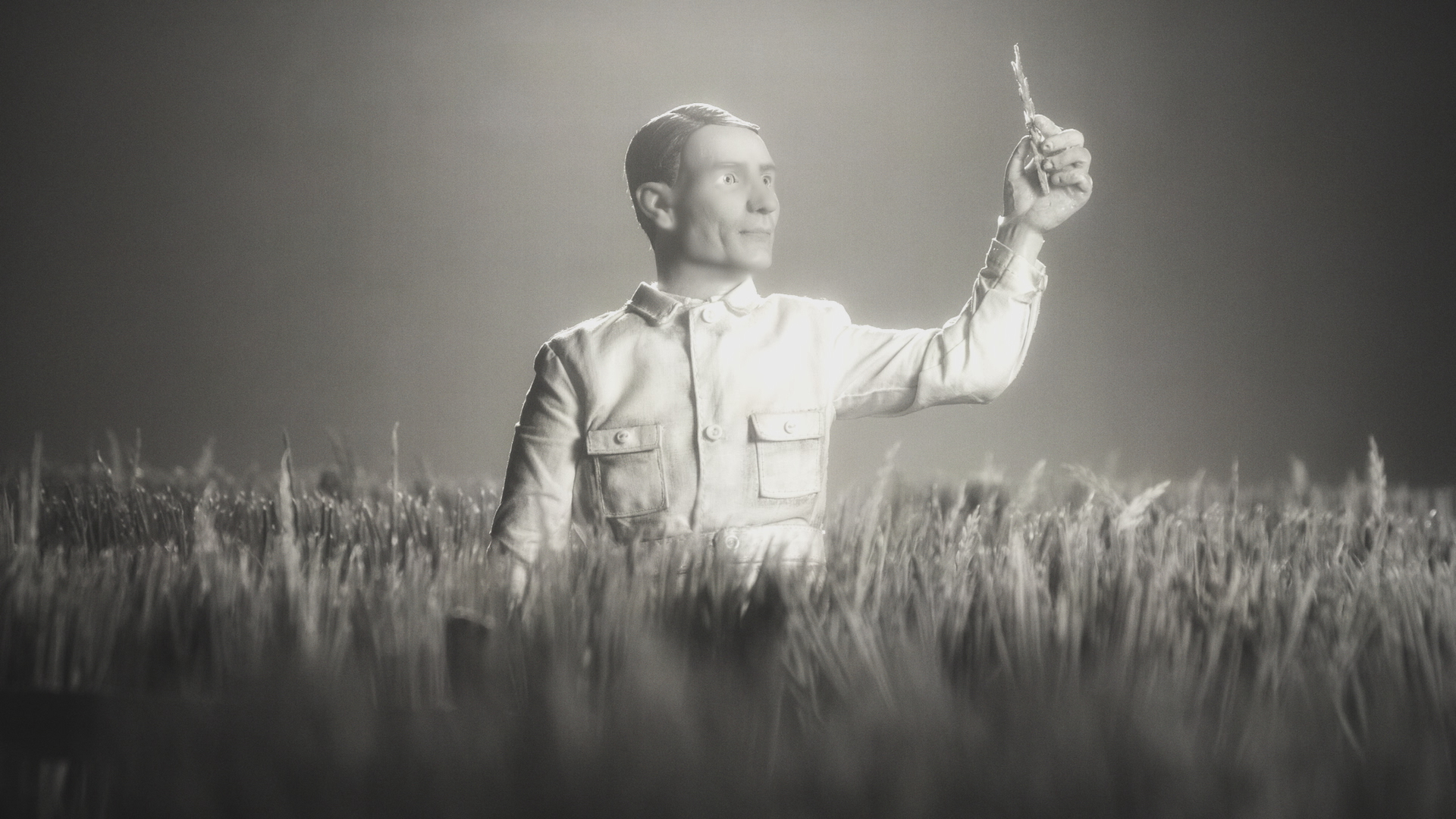
The episode ends takes us back to the icy and unforgiving landscape where we started, but this time we see Tyson standing in front of Vavilov's legacy, the Svalbard Global Seed Vault, located in Norway in the remote Arctic Svalbard archipelago. Tyson ponders the fate of the Soviet Union and the sacrifices made by the scientists who not only defended their research, but science itself. Vavilov and his team of botanists faced a seemingly insurmountable task: "To lie about science and live, or to tell the truth and face certain death."
Vavilov's dedication to science is evident in his work and sacrifices; from a love letter written by Vavilov, Tyson reads: "I do not hesitate to give my life even for the smallest bit of science." Modern agriculture and research today ensure the losses suffered by Vavilov and his team and by those human beings who succumbed to starvation before us were not made in vain.
Tyson ends with this thought: "Did you eat today? If the answer is yes, then you probably ate something that descended from the seeds the botanists died to protect. If only the future was as real and precious to us as it was to them."
- 'Cosmos' with Neil deGrasse Tyson Returns in March 2020 on Fox, NatGeo Channel
- 'I want the solar system to become our backyard,' astrophysicist Neil deGrasse Tyson says
- Carl Sagan: Cosmos, Pale Blue Dot & famous quotes
Follow us on Twitter @Spacedotcom and on Facebook.
OFFER: Save at least 56% with our latest magazine deal!
All About Space magazine takes you on an awe-inspiring journey through our solar system and beyond, from the amazing technology and spacecraft that enables humanity to venture into orbit, to the complexities of space science.
Join our Space Forums to keep talking space on the latest missions, night sky and more! And if you have a news tip, correction or comment, let us know at: community@space.com.
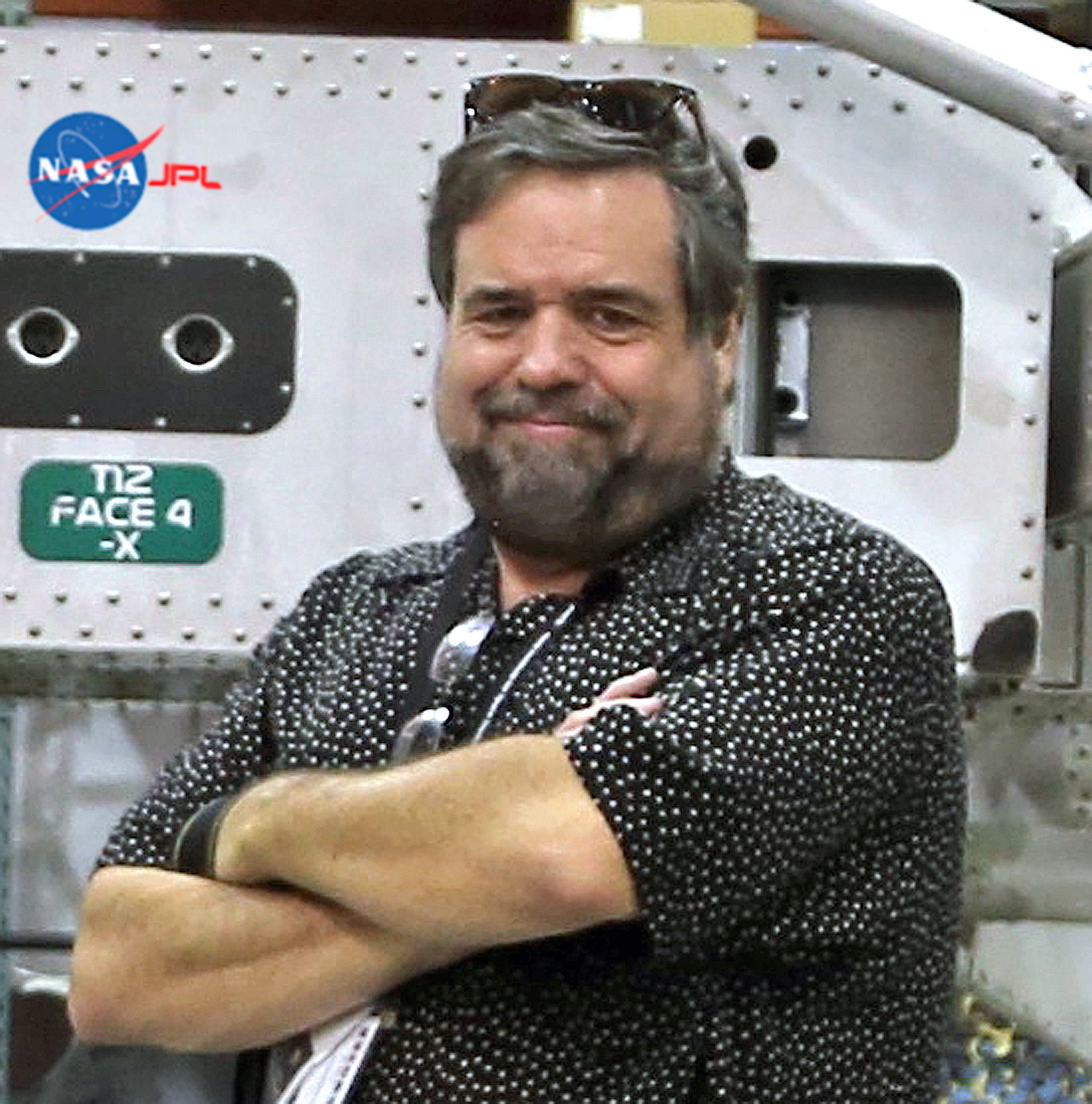
Rod Pyle is an author, journalist, television producer and editor in chief of Ad Astra magazine for the National Space Society. He has written 18 books on space history, exploration and development, including "Space 2.0," "First on the Moon" and "Innovation the NASA Way." He has written for NASA’s Jet Propulsion Laboratory, Caltech, WIRED, Popular Science, Space.com, Live Science, the World Economic Forum and the Library of Congress. Rod co-authored the "Apollo Leadership Experience" for NASA's Johnson Space Center and has produced, directed and written for The History Channel, Discovery Networks and Disney.

